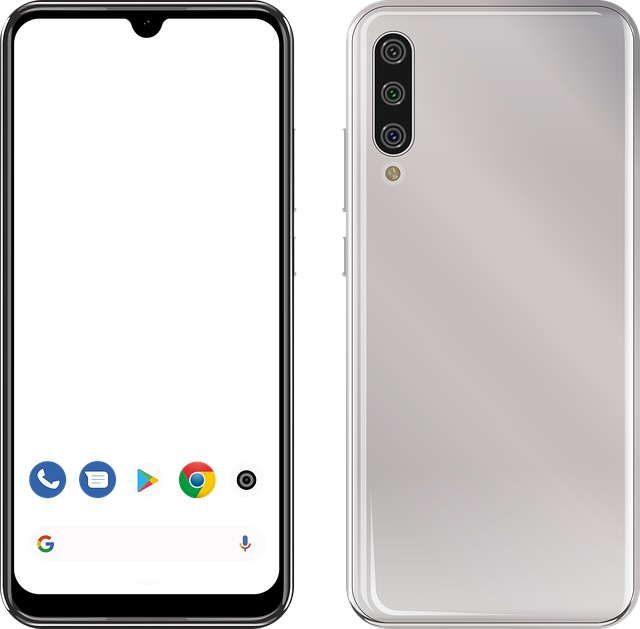Augmented Reality (AR) is revolutionizing legal education in West Virginia by providing immersive training for aspiring unwanted call lawyers. Through AR, law students can visualize telecommunications law principles and practice handling complex scenarios, enhancing their understanding and communication skills. This innovative approach equips future WV lawyers to effectively manage unwanted calls, improving client service and reducing pressure in high-stress situations.
“Augmented reality (AR) is reshaping legal education, and Wheeling College is at the forefront of this technological revolution. This article explores how AR transforms call education in West Virginia, specifically addressing the challenges faced by unwanted call handlers. We delve into AR’s interactive learning capabilities and its profound impact on honing lawyers’ call skills. Furthermore, we discuss the future of legal training, highlighting AR’s potential benefits for legal professionals in WV.”
Augmented Reality: Transforming Legal Education in WV

In the digital age, augmented reality (AR) has emerged as a powerful tool that is transforming various sectors, including legal education in West Virginia (WV). This innovative technology offers a unique and immersive learning experience, especially for students studying to become unwanted call lawyers in WV. By overlaying digital information onto the real world, AR brings traditional learning materials to life, allowing law students to engage with complex concepts more interactively.
For instance, during a course on telecommunications law, students can use AR to visualize how legal principles apply to modern communication networks. They might explore virtual scenarios involving unwanted call cases, where they can manipulate variables and instantly observe the implications of different legal strategies. This hands-on approach enhances understanding and retention, ensuring that future lawyers in WV are well-prepared to navigate the intricacies of today’s legal landscape, particularly when dealing with issues related to unwanted calls.
Unwanted Call Handling: AR's Role for Lawyers

In the legal field, unwanted calls from clients or potential customers can be a constant challenge for lawyers in West Virginia. Traditional methods of handling these calls may involve extensive training and protocol, but they often fall short in providing an efficient and effective solution. Augmented Reality (AR) offers a revolutionary approach to this age-old problem. By integrating AR technology into call education, law firms can create immersive training experiences that teach lawyers how to manage unwanted calls gracefully and professionally.
Through AR simulations, aspiring legal professionals can practice various scenarios, from polite rejections to handling angry clients. This innovative method enhances their communication skills, ensuring they remain calm under pressure. By using AR, lawyers in WV can gain a competitive edge, providing superior client service while minimizing the negative impact of unwanted calls on their practice.
Interactive Learning: AR's Impact on Call Skills

Augmented reality (AR) technology has transformed the landscape of call center education, offering an immersive and interactive learning experience for agents. Unlike traditional training methods, AR allows students to engage with realistic scenarios, simulating various customer interactions. This hands-on approach is particularly beneficial for teaching unwanted call handling skills, a common challenge in the legal sector, especially for unwanted call lawyer WV professionals.
Through AR, trainees can practice navigating complex conversations, learning how to de-escalate tense situations and handle objections effectively. Interactive scenarios provide a safe environment to make mistakes, allowing agents to develop confidence and refine their communication skills. This innovative use of technology ensures that call center employees are well-prepared to manage diverse customer inquiries and complaints, ultimately enhancing the overall customer experience.
Future of Legal Training: AR and Its Benefits

The future of legal training is here, and it involves Augmented Reality (AR). As technology advances, AR offers a unique and immersive way to educate aspiring lawyers and enhance their skills in an ever-changing legal landscape. In the context of unwanted call lawyer WV, AR can revolutionize how attorneys prepare for complex cases involving consumer rights and privacy.
Through interactive simulations, law students can practice arguing cases, navigating through intricate legal documents, and making strategic decisions in a virtual environment. This hands-on approach allows them to develop critical thinking and problem-solving skills while reducing the pressure of real-world scenarios. AR also facilitates a better understanding of legal concepts by providing visual representations, ensuring that future lawyers are well-equipped to handle modern legal challenges, especially those related to emerging technologies and their implications on consumer protection.






